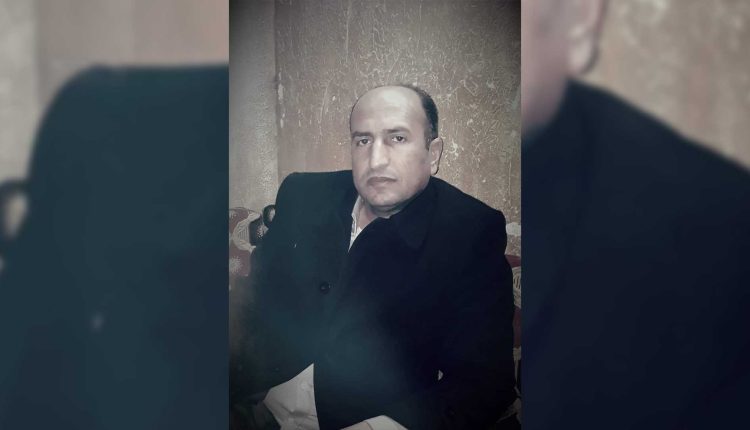The death of Thamer Habib al-Talla, a respected lawyer detained by Syrian regime forces, has sparked widespread condemnation and calls for accountability. Al-Talla, who was arrested outside the Palace of Justice in Hasaka city in late April 2024, died in detention under circumstances the Syrian Network for Human Rights (SNHR) describes as indicative of torture and severe medical neglect.
Al-Talla was initially detained by the Criminal Security branch of the regime in Hasaka, where he was held without access to necessary medical care despite his deteriorating health. According to the SNHR, despite urgent pleas from his family to transfer him for medical treatment, all requests were denied by security personnel.
Regime Continues Arrests and Torture Despite International Justice Decision
The lawyer’s death was confirmed to his family by regime officials on May 8th, 2024. His body was subsequently returned to them at Shabou Hospital in Hasaka later that same day. The SNHR has confirmed that al-Talla was in good health at the time of his arrest, strengthening allegations that his death was due to the harsh conditions of his detention.
International law prohibits torture and any form of cruel, inhuman, or degrading treatment, a principle that holds even during times of emergency. The SNHR emphasized that those responsible for, or complicit in, the acts of torture and neglect leading to al-Talla’s death are liable under international criminal law.
The SNHR has vehemently condemned the practices of abduction and torture carried out by the Syrian regime and other groups, demanding an immediate and independent investigation into this and other similar incidents. The human rights organization also calls for public accountability and legal proceedings against all parties involved in such violations, from those who give the orders to those who execute them.
In their statement, the SNHR also urged that the findings of any investigations be made public and that all perpetrators of human rights abuses be brought to justice. Additionally, they advocated for adequate compensation for the victims and their families to address the significant physical and psychological damages suffered.


